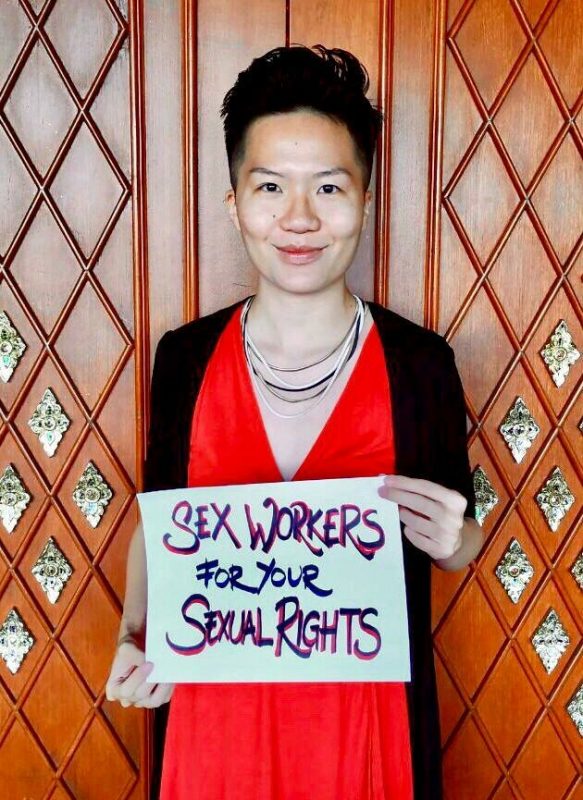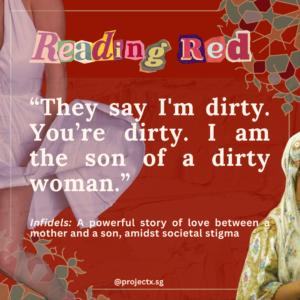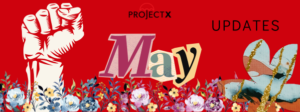The Regional Training on Using CEDAW to Advance the Rights of Sex Workers, jointly organised by the Asia Pacific Network of Sex Workers (APNSW), Empower Foundation, and the International Women’s Rights Action Watch Asia Pacific (IWRAW-AP) was held in Chiang Mai from 17 to 20 December, 2018. Sex workers’ rights activists came from 12 organisations spread across 10 countries: Thailand, Cambodia, Indonesia, Singapore, Laos, Myanmar, Nepal, India, Kenya, and South Africa. The first day of the training also coincided with the International Day to End Violence Against Sex Workers (IDEVASW), and each participant prepared a message for the occasion. Mine’s above!
I was very excited about the training because I’ve been paying more attention to the ways in which Project X can engage with the United Nations’ (UN) human rights mechanisms, including the Convention on the Elimination of all Forms of Discrimination Against Women (CEDAW). Though sex workers comprise not just women, the bulk of sex work providers in Singapore are women, whether cis or trans, and sex workers’ rights can’t be discussed in isolation from women’s rights.
The 4-day training was led by Jules Kim from the Scarlet Alliance, and Undariya Tumursukh and Ishita Dutta, both from IWRAW-AP. There was a focus on using feminist frameworks to understand sex work, rights violations committed against sex workers, and ways of organising against that. It was fascinating hearing about different conceptualisations of sexism or patriarchy in different contexts, and I learnt a great deal about the different conditions that sex workers face in different countries, as well as the different forms that activism necessarily takes.
Apart from all the peer-sharing and learning during the day, our nights were kept equally busy. On our first night, we visited Can Do bar, a bar run by sex workers, for sex workers. An initiative by Empower Foundation, our hosts in Chiang Mai, Can Do bar practices safe and fair labour conditions for sex workers. (A great article on Can Do bar can be found here.) In the tradition of Empower Foundation, participants from each country and host organisation were to participate in a pole-dancing competition, the winner of which would be crowned Ms CEDAW for the duration of the course. Caught off guard, my (non-)performance became an item of hilarity for the others (and, no, I didn’t even come near winning). The next two nights were spent in smaller dinners and short night trips, but on our final night, all participants and translators converged again, heading to the red light district post-dinner. I really appreciated each hangout and all the time we had to bond over drinks, and the effort that was made for us to see red light districts, which are so integral to our work!
Clichéd is it invariably is, what I’ll cherish most are the new friendships formed. It was my first time being in a transnational sex workers’ rights activists’ space, and I was so moved and so inspired by all the sex worker solidarity, coming from people who are from such diverse backgrounds, who often do not share common languages. The training’s also left me thinking about the strengths and limitations of the CEDAW document: how asking for women to receive rights equal to men may not be sufficient, when dealing with a highly stigmatised group, where male sex workers may also face rights violations and discrimination. I’m also more alert to how the CEDAW review should really be thought of as an ongoing process; as a relationship between Project X/Singapore and the CEDAW committee.
I hope I cross paths with each of the people I met again. In the meantime, I’m continuing to document each sex worker activist’s story in our Facebook album, Faces of Activism; continuing to hold space for each other; continuing to hope for a better, shared future.






